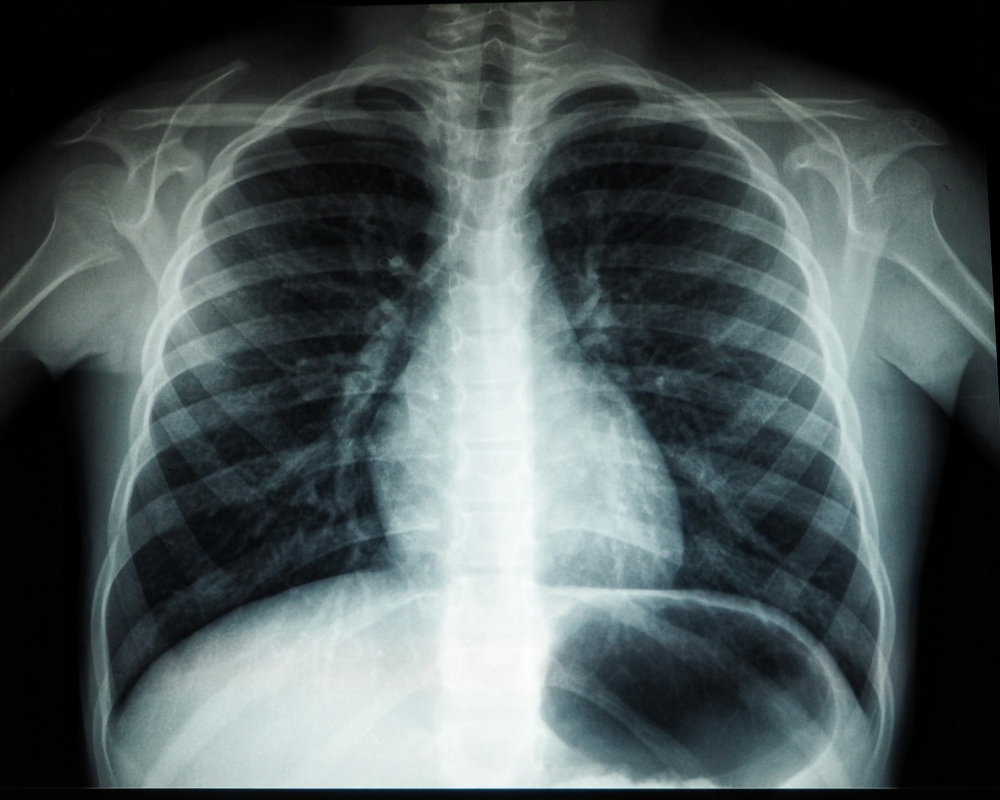SINGAPORE, March 14 — In what could lead to more effective ways to treat liver failure, scientists have discovered methods to efficiently generate pure liver cells from human stem cells.
The team of scientists also successfully grafted the liver cells generated into mouse models with liver injuries and improved their short-term survival rate “remarkably”.
Led by Dr Ang Lay Teng and Dr Bing Lim from the Genome Institute of Singapore (GIS), Professor Kyle Loh and Professor Irving Weissman from Stanford University’s School of Medicine and Dr Chen Qingfeng from the Institute of Molecular and Cellular Biology in Singapore, their aim was to artificially generate large numbers of liver cells from human embryonic stem cells.
Embryonic stem cells have the potential to turn into thousands of cell-types in the human body, said Dr Ang.
“The key is to understand how to turn them solely into liver cells. Generating these highly pure liver cells from embryonic stem cells is an important step towards using these cells for cell transplantation,” she said.
Because the whole process of liver development is not fully clear, a major challenge was precisely controlling the development of stem cells into liver cells, said Dr Ang.
The crux of the research was to identify “six requisite stops and map the path needed for a stem cell to develop into a liver cell”, said Prof Loh.
The liver cells derived from human embryonic stem cells also needed to be capable of generating real liver tissue in the animal models.
With the success seen in the mouse models, there is potential of treating humans with liver failure in future, said Dr Ang. The researchers’ results were published last month in the Cell Reports journal.
There are few treatments for liver disease and end-stage liver failure can currently only be treated by a transplant. But more than a million patients worldwide die each year while waiting for transplants.
GIS executive director Ng Huck Hui said the ability to generate large quantities of stem cell-derived liver cells could help sustain patients with liver failure as they await a full liver transplant. “This holds great promise for helping to improve patient survival rates and alleviate the burden of liver failure on societies,” said Dr Ng. — TODAY




















